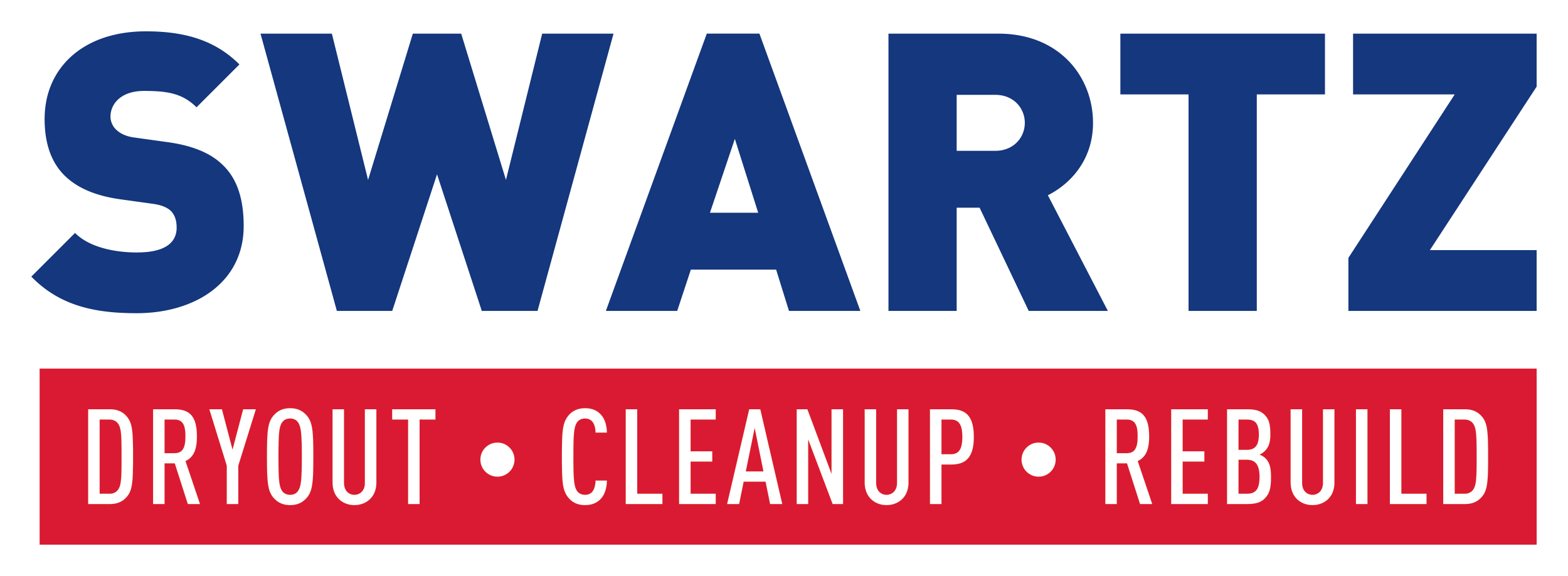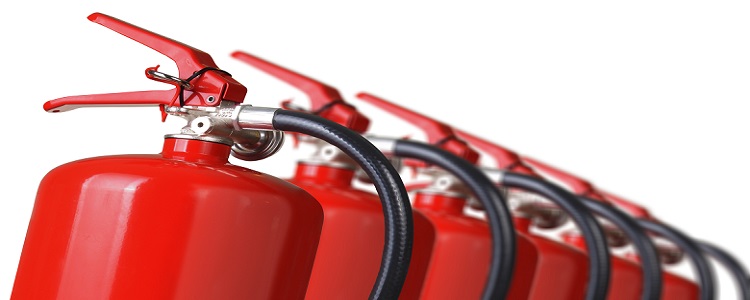
How to Choose the Right Fire Extinguisher
.With so many different types of fire extinguishers out there, it can be difficult to choose the one that is right for you. Whether it’s for your home, your business, or workshop, it’s important you which type of fire extinguisher to keep on hand. Let’s go over the different types of fire extinguishers to choose from. Here we go:
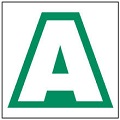 Class A:
Class A:
Normal combustible items such as paper, wood, cardboard, and plastic. The number on the cylinder will indicate how much water it holds and the amount of fire that can be extinguished.
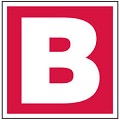 Class B:
Class B:
Flammable liquids such as gasoline, grease, or oil. The number on this extinguisher gives you an idea of about how much square feet of fire it can extinguish.
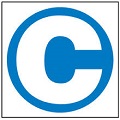 Class C:
Class C:
This would be for electrical fires. Equipment such as appliances, wiring, outlets, etc… It ’s important to note the danger involved in using water for these types of fires. The risk of electric shock is high, so the use of a Class C extinguisher is recommended.
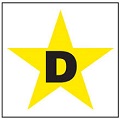 Class D:
Class D:
Specifically made for chemical fires, these are typically found in laboratories. You most likely will not be choosing this type of extinguisher unless you plan on working with combustible metals such as titanium or magnesium.
 Class K:
Class K:
This is designed for cooking oils or fats and you’ll find this type of extinguisher in restaurant kitchens or cafeterias. Even mobile food vendors who use fryers, need to have one of these special extinguishers on hand.
Common Types of Extinguishers
Water Extinguishers- These are for class A fires only and it’s important to note that these should NEVER be used for grease fires as it will make the fire bigger. This only for normal combustible materials on fire only.
(Dry) Chemical Extinguishers- These are filled with foam or powder and may be used in a combination of Class A, B, or C fires. BC is a regular dry chemical extinguisher that leaves a mildly corrosive residue. Whereas ABC is more multipurpose but could cause damage to electronics with its sticky yellow residue. If you use these, clean the residue as quickly as possible to avoid as much damage to your property as possible.
CO2 Extinguishers- Now the dry chemical extinguishers have an advantage here. The residue they leave behind that actually aids in preventing re-ignitions from occurring. A CO2 extinguisher is for B and C fires. These are highly pressurized and it’s not uncommon for these to put out bits of dry ice when in use. These are a good choice if you want to avoid damage to your electronics. They lack the damaging residue dry chemical extinguishers have.
There are many others to choose from, but these are the most commonly available to you. When you purchase your fire extinguisher, be sure to pay attention to inspection, maintenance, and recharging requirements to ensure your extinguisher is in good operating condition.
Did you know Swartz Contracting & Emergency Services can help with fire restoration projects from boarding up, to clean up, to restore your property to pre-loss condition? For more information, contact us today!
